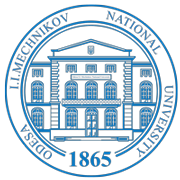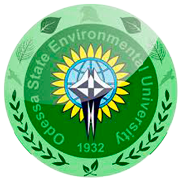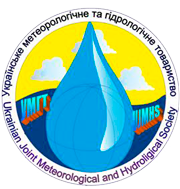Plagiarism policy
Only original content that has never been published or submitted for publication to other scientific journals before will be accepted for publication in the Ukrainian Hydrometeorological Journal.
In order to detect text borrowings in the submitted articles the Editorial Board of the Ukrainian Hydrometeorological Journal operates the specialized software STRIKEPLAGIARISM. The articles containing plagiarism or text borrowings without referring to the source will be straight away rejected by the Editorial Board.
Plagiarism before publication. The Editorial Board of the Journal will judge any case of plagiarism on its own merits. If plagiarism is detected, either by the editors, peer reviewers or editorial staff at any stage before publication of a paper – before or after acceptance, during editing or at page proof stage, we will alert the authors, asking them to either rewrite the text or quote the text exactly with referring to the original source. If the plagiarism is extensive – that is, if at least 25% of the originally submitted text is plagiarized, – such article is rejected with the author's institution/employer being notified thereof.
Plagiarism check policy. The papers in which plagiarism is detected are handled based on the percentage of plagiarism found: if the borrowings constitute less than 25%, the paper will be immediately emailed back to the author for content revision, and if those are over 25%, the paper is rejected straight away without any editorial review. It is our advice to the authors to scrutinize cases of text borrowings and plagiarism and resubmit a new version of their papers.
The percentage of plagiarism is determined using the STRIKEPLAGIARISM software and assessed by the Editorial Board.
Plagiarism after publication. If plagiarism is detected after publication, the Editorial Board will analyze such case. The pages containing plagiarism will be highlighted in the PDF file. Depending on the extent of plagiarism, the paper may be recalled.
Recommendations for authors on avoiding plagiarism:
- Use quotation marks for words and phrases taken from a source document.
- Do not change parts of a quotation within one sentence.
- Use space and three dots for a part of a sentence you have taken out for your quotation.
- Use brackets to show your own words you added.
- Restrict use of direct quotations, just use ideas found in the paper you analyze.
Try to paraphrase or generalize the information obtained from various sources by using synonyms.
Autoplagiarism. The Editorial Board does not support the authors excessively using the quotations and fragments from their own papers, though it does not deny substantiated moderate use of the said elements in order to clarify the verbalized idea or present an appropriate reference to a research work completed and published before.





